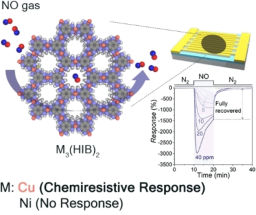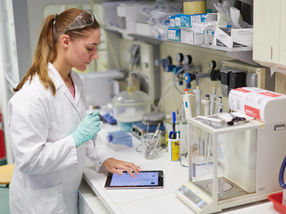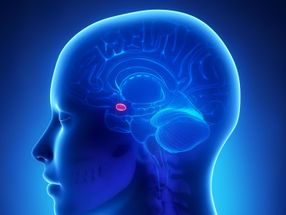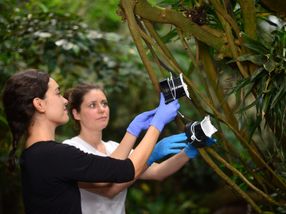Detecting efficient chiral compound catalysts
Scientists in the United States have developed a sensor that could be used to help develop more efficient catalysts for producing chiral compounds in industry.
In research they describe the preparation of inexpensive palladium complexes that provide a sensitive UV signal in the presence of some chiral compounds.
In industry, chiral compounds have a range of uses from production of pharmaceuticals to food. Asymmetric catalysts provide a way to produce an excess of the desired enantiomer, but the discovery of new asymmetric catalysts is slowed down by insufficient methods to measure the enantiomeric excess the catalysts are able to produce.
The use of these palladium complexes to screen catalysts by measuring enantiomeric excess via UV spectroscopy is simple and sensitive and does not require covalent modification of the analyte, but works directly.
Most read news
Original publication
Organizations
Other news from the department science

Get the chemical industry in your inbox
From now on, don't miss a thing: Our newsletter for the chemical industry, analytics, lab technology and process engineering brings you up to date every Tuesday and Thursday. The latest industry news, product highlights and innovations - compact and easy to understand in your inbox. Researched by us so you don't have to.
Most read news
More news from our other portals
See the theme worlds for related content
Topic World Spectroscopy
Investigation with spectroscopy gives us unique insights into the composition and structure of materials. From UV-Vis spectroscopy to infrared and Raman spectroscopy to fluorescence and atomic absorption spectroscopy, spectroscopy offers us a wide range of analytical techniques to precisely characterize substances. Immerse yourself in the fascinating world of spectroscopy!

Topic World Spectroscopy
Investigation with spectroscopy gives us unique insights into the composition and structure of materials. From UV-Vis spectroscopy to infrared and Raman spectroscopy to fluorescence and atomic absorption spectroscopy, spectroscopy offers us a wide range of analytical techniques to precisely characterize substances. Immerse yourself in the fascinating world of spectroscopy!
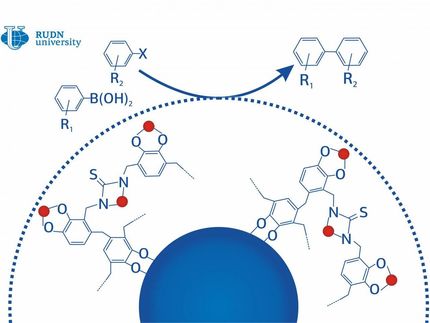







![[Fe]-hydrogenase catalysis visualized using para-hydrogen-enhanced nuclear magnetic resonance spectroscopy](https://img.chemie.de/Portal/News/675fd46b9b54f_sBuG8s4sS.png?tr=w-712,h-534,cm-extract,x-0,y-16:n-xl)
